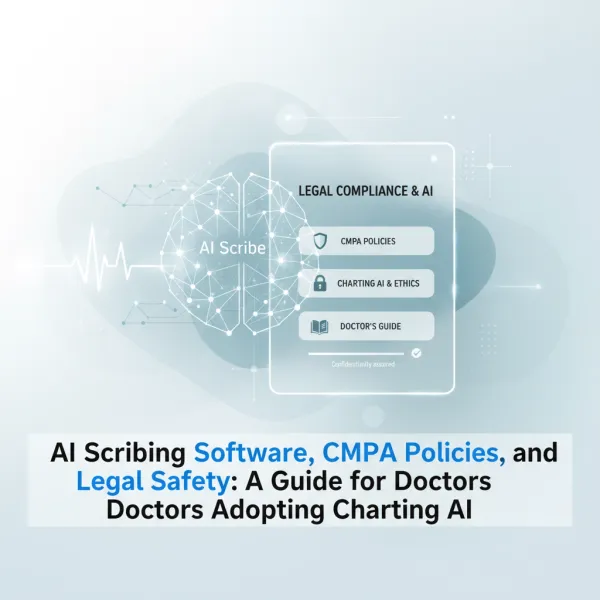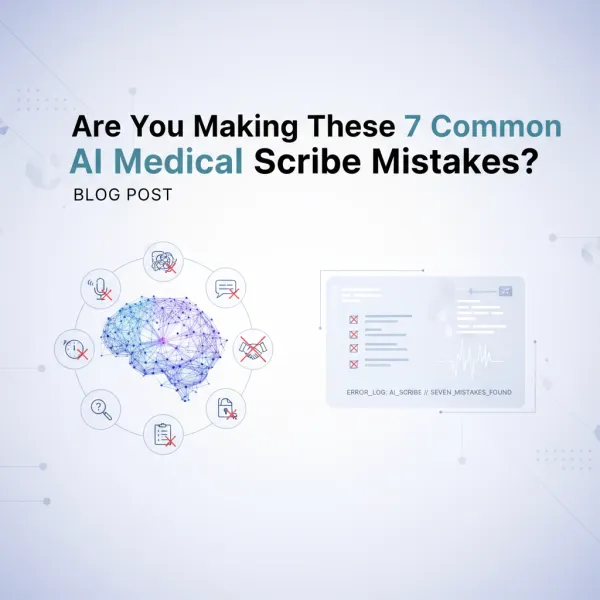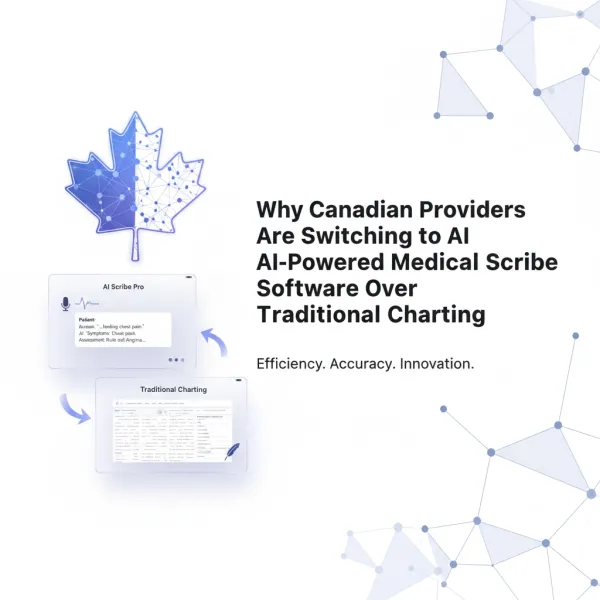Unraveling the Costs of Medical AI: A Comprehensive Guide
Medical AI costs include algorithm development ($100k-$500k), implementation ($50k-$200k), and maintenance (15-20% of initial investment). Despite expenses, the potential benefits and ROI, such as saving $300 billion annually, make medical AI a worthwhile investment.

Introduction
The advent of artificial intelligence (AI) has revolutionized various sectors, including healthcare. Medical AI, in particular, has been a game-changer in diagnosing diseases, predicting patient outcomes, and personalizing patient care. However, one question that often arises is - how much does medical AI cost? This blog post aims to provide an insight into the costs associated with implementing and maintaining medical AI.
Understanding the Costs of Implementing Medical AI
Medical AI involves sophisticated algorithms and technologies that require substantial investment. The costs can be categorized into three main areas: development, implementation, and maintenance.
- Development Costs
The development cost of medical AI primarily includes expenses related to creating algorithms and machine learning models. These models are trained using vast amounts of data to ensure they can accurately predict outcomes or diagnose diseases. The development process also involves rigorous testing to ensure the accuracy and reliability of these models.
Moreover, the cost also includes expenses related to hiring skilled professionals such as data scientists, machine learning engineers, and software developers who have expertise in developing medical AI systems. Depending on the complexity of the project and the level of expertise required, these costs can range from tens of thousands to millions of dollars.
- Implementation Costs
Once a medical AI system is developed, it needs to be implemented within a healthcare setting. This involves integrating it with existing systems such as electronic health records (EHRs), radiology systems, or laboratory information systems.
The implementation process may require customization based on specific healthcare settings or patient populations. It may also involve training healthcare professionals on how to use the system effectively. These factors contribute significantly to the overall implementation cost.
- Maintenance Costs
Maintenance costs for medical AI include regular updates to keep up with changing healthcare regulations and advancements in technology. They also involve monitoring system performance and addressing any technical issues that arise.
Additionally, as more data becomes available over time or as new research findings emerge, machine learning models may need to be retrained or updated which adds up to maintenance costs.
Estimating the Total Cost
While it's difficult to provide an exact figure for how much medical AI costs due to variations in project scope and complexity; industry reports suggest that developing a single algorithm can cost anywhere between $100k-$500k while implementing it within a hospital setting could add another $50k-$200k depending on integration complexities.
In terms of maintenance costs; they typically amount to 15-20% of initial development costs annually but could be higher depending on system complexity or regulatory changes.
Return on Investment (ROI)
Despite high upfront costs associated with developing and implementing medical AI solutions; their potential return on investment (ROI) is substantial due both direct financial returns as well as indirect benefits such as improved patient outcomes or increased operational efficiency.
For instance; studies have shown that predictive analytics – one application area for medical AI – could save US healthcare industry $300 billion annually by reducing hospital readmissions or unnecessary tests among other things.
Conclusion
While there's no denying that investing in medical AI requires significant financial resources; its potential benefits far outweigh these initial investments making it a worthwhile endeavor for many healthcare organizations today.
Remember though that successful implementation requires not just financial investment but also commitment towards change management including staff training which should be factored into overall cost estimates.
Finally; always consider working with experienced vendors who can guide you through this complex process ensuring you get maximum value from your investment in medical AI.



